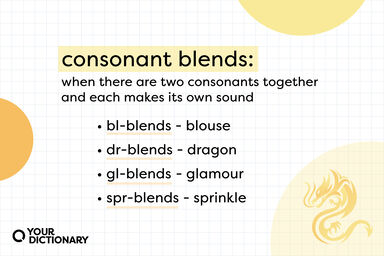Tray Definition
(obsolete) To betray.
Origin of Tray
-
From Middle English treye, from Old English trÄ“Ä¡, trÄ«Ä¡, from Proto-Germanic *trawjÄ… (“wooden vessel"), from Proto-Indo-European *drAuk-, *drAuḱ- (“a kind of vessel"), from *dóru (“tree"). Cognate with Old Norse treyja (“carrier"), Old Swedish trø (“wooden grain measure"), Low German Treechel (“dough trough"), Ancient Greek [script?] (drouítÄ“, “tub, vat"), Sanskrit [script?] (droṇa, “trough"). More at tree.
From Wiktionary
-
From Middle English traye, treie, from Old English trega (“misfortune, misery, trouble, grief, pain"), from Proto-Germanic *tregô (“mourning"), from Proto-Indo-European *dregÊ°- (“unwilling, sullen, slack"). Cognate with Icelandic tregi (“sorrow, grief"), Gothic [script?] (trigo, “grief").
From Wiktionary
-
From Middle English trayen, treien, from Old English tregian (“to trouble, harass, vex"), from Proto-Germanic *tregōnÄ… (“to become tedious, become lazy, sadden"), from Proto-Indo-European *dregÊ°- (“unwilling, sullen, slack").
From Wiktionary
-
From Middle English trayen, from Old French trair (“to betray"), from Latin tradō (“hand over, betray"). More at betray.
From Wiktionary
-
Middle English from Old English trēg deru- in Indo-European roots
From American Heritage Dictionary of the English Language, 5th Edition
Related Articles
Find Similar Words
Find similar words to tray using the buttons below.





